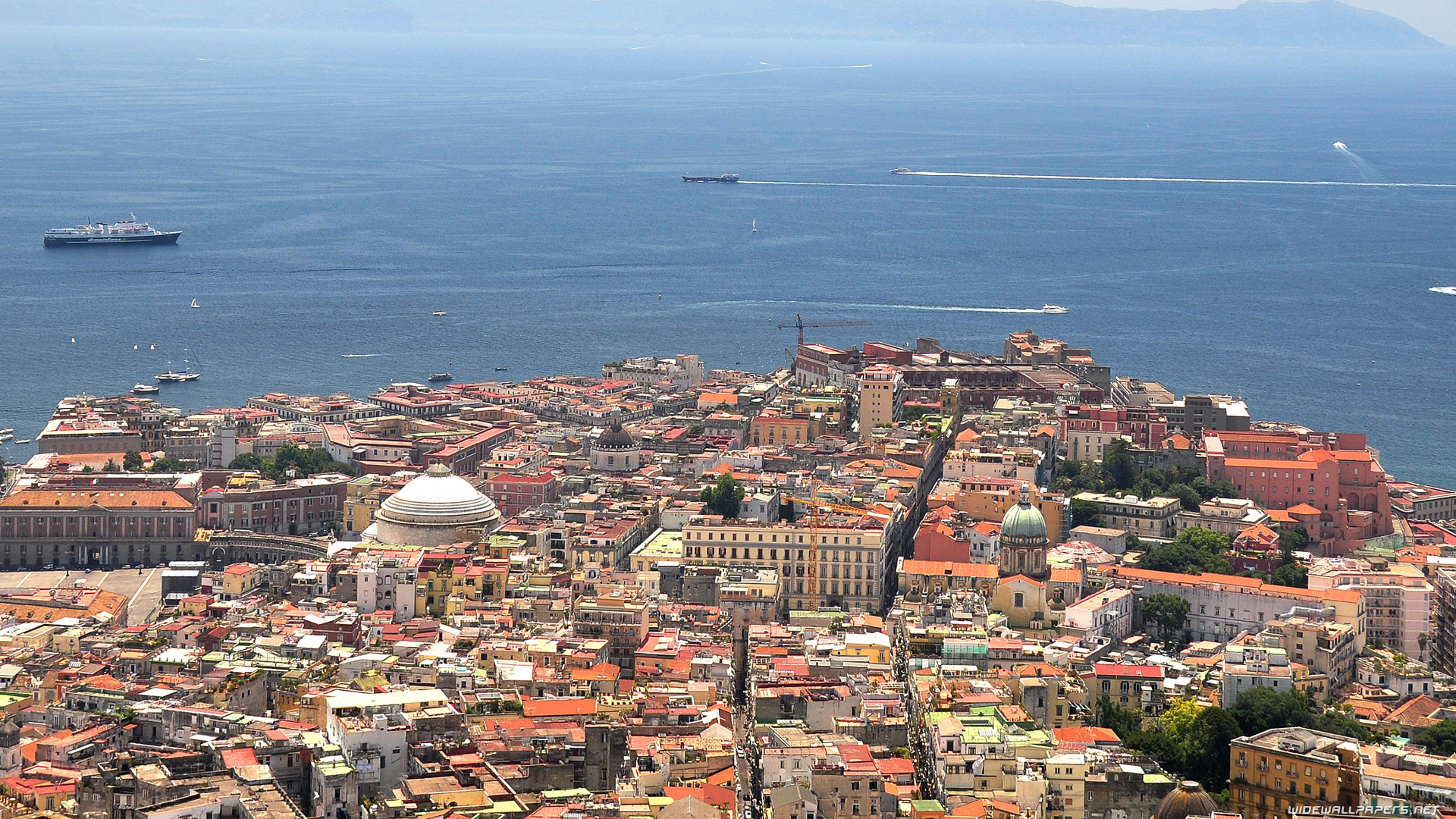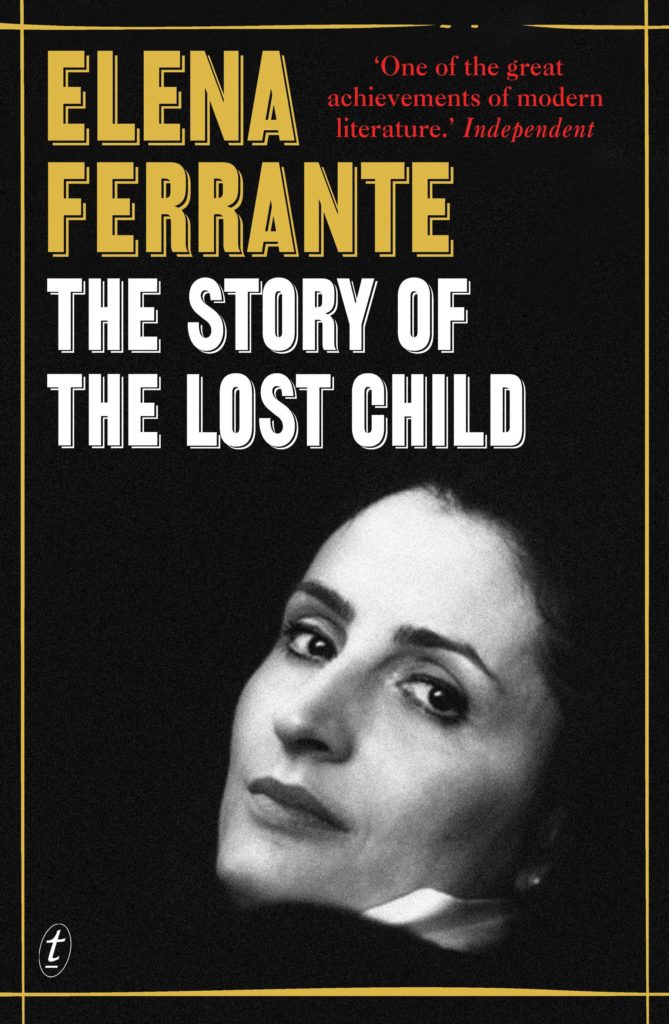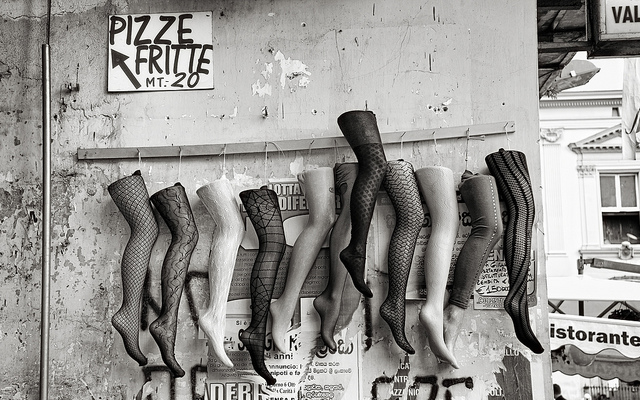Last summer I wrote a post about Naples in the blog’s « Books, Movies and Beyond» section. When reading it again, I have to recognize it is a little empty: many references to classical French authors such as Alphonse de Lamartine and Théophile Gauthier from a period when Naples was still making people dream; books and movies about islands and beaches such as Ischia and Capri, still dreamlike destinations. But there was no Italian novels in my suggestion list. And let’s face it, it now a long time since Naples is not the stuff of dreams, especially among Italians.
I hope to have corrected my mistake by recently reading the “Neapolitan Novels” by Elena Ferrante: “My Brilliant Friend”, « The Story of a New Name », « Those Who Leave and Those Who Stay » and « The Story of the Lost Child ». One of the most discussed point about these series is the fact that author – using the pseudonym of Elena Ferrante- has managed to remain completely anonymous. She gives her interviews by email and never appears on TV. Even her translator Ann Goldstein doesn’t know who she is. We only know she is a woman born in Naples. In Italy, controversies and gossip abound. Why does she remains anonymous? Is she among the jurors of a literary prize for which her books are competing?
Elena Ferrante makes clear that she chose anonymity in order to focus the attention on her work and not her person. Let’s follow her advice: the four Neapolitan novels are a real master piece. Elena Greco and Lila Cerullo are two friends growing up during the 50s in a poor neighborhood in Naples. They are the two best students in their class, but only Elena will continue in secondary school and later at the university. At 16, Lila will marry the son of the rich neighborhood’s grocer. The four novels follow the life itineraries of both women, their close friendship, but also their rivalry. Across the pages, the reader discovers their childhood fears, their teenage desires, he sees them confronting domestic violence and unfaithfulness and follows them in their doubts and crises as these two mothers reach old age.
Naples plays a central role in the story. It is not the Naples from the postcards. A poor neighborhood scarred by the political divisions born from World War II and by the pernicious and unescapable presence of the Camorra, featured by the Solara family. Elena wants to leave the city thanks to her studies and a brilliant literary career leading her to Pisa, Milan or Genoa, while Lila will never leave it, staying in the same neighborhood where she will start successful businesses. But it is there that Elena will come back with her daughters after having left her husband and failed to move in with her lover, Nino. She will end up living one floor above Lila.
Elena and Lila’s lives closely follow the upheavals of Naples and Italy’s history: economic growth, red terrorism, earthquake, the fight against the mafia. But in my opinion the strength of Elena Ferrante’s novels is found elsewhere: in her ability to use a language without artifice and everyday dialogues to build a story starting from two relatively simple lives and nevertheless lead us into an exciting and breathtaking series.
Finally what seduced me most in those four books is to read a story in which a woman’s point of view, a woman’s voice is clearly audible. This might be due to my own reading choices, but I have rarely encountered the impression to be so completely given access to a female state of mind and perception. Maybe when reading Marguerite Duras or Jane Austen. But not with such evidence. Elena Ferrante describes Elena and Lila’s desires and culpabilities, she makes us feel how they perceive their bodies and tells us the ambivalent friendship and rivalry which united them, ambivalence which crystalized around Nino whom they both loved. This was a fascinating discovery.













